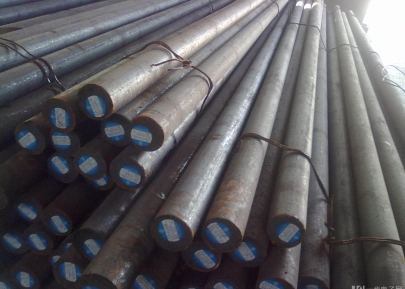Exploring the Fundamentals of a Raw Copper Block
I remember being introduced to the world of raw copper block early in my metals engineering days. To me, this heavy, reddish metal wasn’t just another material; it held untapped potential across multiple fields. Whether its natural conductivity, resistance to corrosion, or adaptability in fabrication — raw copper block plays a key role that many industries still rely on today.
| Type | Cathode & Blister Grades Available |
|---|---|
| Avg Weight per Block | 150 – 400 KG per unit |
| Purit Level | Maintains minimum purity at 99% plus |
| Primary Usasge | Metal Refining Plants / Smelteries |
The Versatile Uses of Copper
Copper itself goes beyond electrical wires. Its ability to handle high heat and conduct electrons makes it irreplaceable. Think about industrial applications—raw copper block often starts the chain before becoming wire rods or plates. The reason? Purity remains consistent compared to recycled blends.
- Electrical components benefit from unmatched conductivity
- Metallic alloys use pure copper to control brittleness
- Construction relies on copper piping for corrosion resistance
I've even seen it used in unconventional settings like aquaculture tanks — preventing algal blooms due to copper ion leaching into water.
In What Ways Does Base Molding Styles Matter?
When I first started consulting for construction projects, understanding base molding styles seemed insignificant. That was a rookie mistake — especially considering how these small trims influence aesthetics as much as structural integrity in flooring zones where expansion is needed.
Listed Molding Types:
- Olive profile
- Cape Cod shape (flat top with arc bottom)
- Railroad style with recessed center panel
Certain jobs required matching existing architectural eras too, such as Craftsman bungalows favoring wider 7/8 inch profiles versus modern ones keeping low 1-inch bases. This made precision vital, otherwise the moldings clashed during inspections later on.
Battling Installation Challenges — A Real DIY Dilema
You might’ve wondered, *How to cope base moulding* like a professional without breaking a sweat. The first time I gave this shot by measuring walls only left gaps worse then expected. Turns out angles play tricks because floor surfaces slope, drywall shrinks a hair after drying, etc.
- Mark all mitered edges twice with square
- Dry assemble first; glue & nails second
- If gap appears: use wood filler + match sanding
Also, using pre-stained options saved so much time over finishing installed pieces afterward myself back when. Just ensure your coping saw stays sharp or kerfs won't fit tight no matter your hand skill levels.
Evolving Demand for Copper in Industrial Sectors
Countries keep increasing investments toward electrifying cities, and guess which resource jumps in demand almost immediately alongside renewables and smart devices — **raw copper block**. China’s growth, paired up with U.S. clean energy acts in last half-decade boosted spot prices higher year on year. Here's data showing market behavior:
|
|
|
|---|---|
| Yeaar | Kiloton Metric Shipped Annually |
| 2019 | 23.4 million |
| 2024 Estimate | Nearing 26.1 mn metric tons |
Environmental Impact and Recycling Potential
To make a balanced choice — especially regarding environmental concerns — recycling becomes a big part of any serious talk with suppliers now. Scrap can reclaim up tp 92 percent recovery efficiency if handled correctly via furnace melting vs electric induction extraction.
- Eases landfll pressure through reporcessing efforts
- Cuts down energy required per ton produced (vs raw ores)
- Maintains near-full performance quality despite cycles repeated



